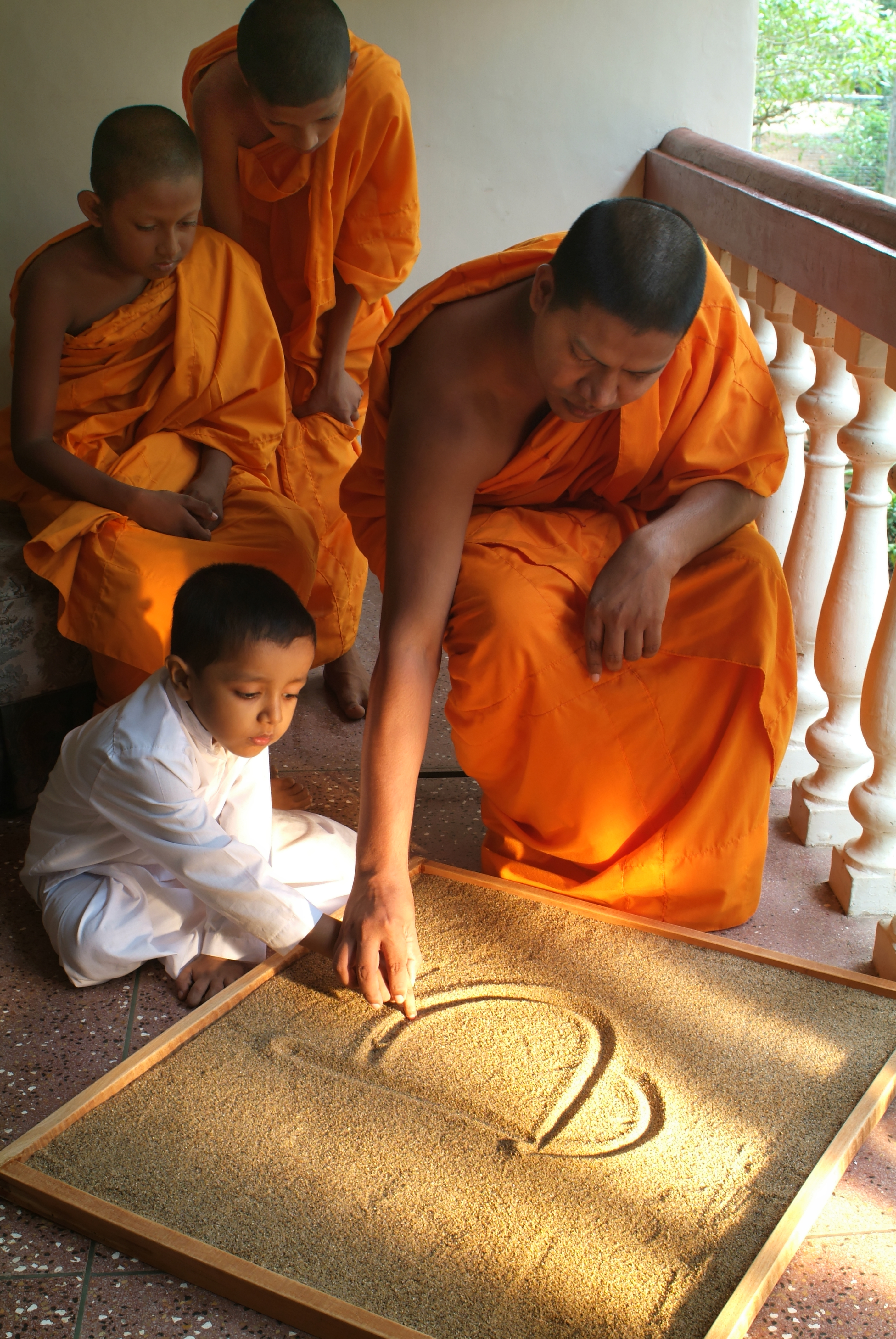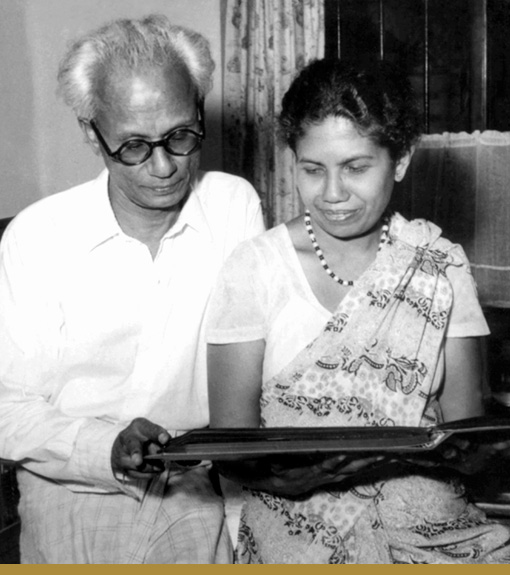MARTIN WICKRAMASINGHE
Birth & Family
Born on May 29, 1890, in the village of Koggala situated along the southern coast of the island, Martin Wickramasinghe was the only son in the Wickramasinghe family. He grew up with his nine sisters near the sea and the lake, surrounded by an abundance of marine life, vegetation and forests.
In his autobiographical book "Upan Da Sita," Martin Wickramasinghe describes his relationship with his father, Lamaheva Don Bastian Wickramasinghe, who passed away in 1899 when Wickramasinghe was not yet ten years old. He recounts that the family surname was changed to 'Wickramasinghe' after his father became a village officer. Wickramasinghe portrays his father as a man of few words who rarely spoke directly to him, often communicating through his mother. Despite this, he recalls feeling his father's deep affection, particularly when his father brought sweets for him after official trips to Galle. His father, known in the village for his astuteness in resolving local issues, including crimes, died suddenly from an illness before Wickramasinghe could build a deeper connection with him.
Martin Wickramasinghe also provides insights into his mother, Balapitiye Liyanage Thochchohamy, who passed away on May 27, 1908. He remembers her as a deeply compassionate and devout woman who, despite not being formally educated, possessed a quiet wisdom and a face that often reflected a gentle sorrow. Wickramasinghe describes her immense love for him and her selfless nature, often putting the needs of others before her own, even to the extent of enduring hardships without informing him while he was away. Her deep faith and acts of kindness, such as giving away her own belongings to help the needy, left a lasting impression on him.

.jpg)

.jpg)